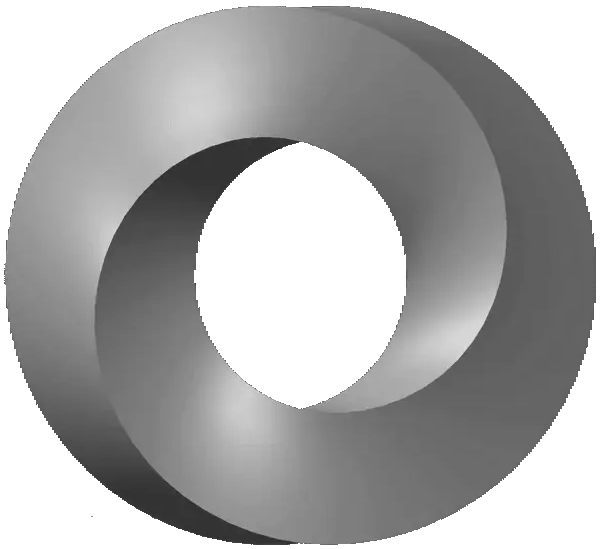JsonSchema.Net.DataGeneration is a tool that can create JSON data instances using a JSON schema as a framework.
For example, given the schema:
1
2
3
4
5
6
{
"type": "object",
"properties": {
"foo": { "type": "string" }
}
}
it can generate a JSON document like
1
2
3
{
"foo": "bar"
}
Under the covers, the library uses the fabulous Bogus library, which is commonly used to generate random test data, and a few other tricks.
Capabilities
This library is quite powerful. It supports most JSON Schema keywords, including if/then/else and aggregation keywords (oneOf, allOf, etc.).
It currently does not support:
- anything complex involving RegEx*
$dynamicRef- annotation / metadata keywords (e.g.
title,description) content*keywordsdependencies/dependent*keywords
* There are some libraries which provide limited RegEx-based string generation, but these do not support look-aheads which are required to combine multiple RegEx’s with boolean logic. This functionality is required to support them alongside the aggregation keywords. I opted to just not support them at all until I can find a sufficient library.
Everything else should be mostly supported. Feel free to open an issue if you find something isn’t working as you expect.
$refsupport does not check for infinite loops such as occur with schemas like{ "$ref": "#" }. If your schema includes a reference like this, a stack overflow exception is likely.
Strings
Without any additional parameters, string generation uses Bogus’s Lorem Ipsum generator to create some nice (but oddly readable) garbage text.
format
All of the formats listed in the draft 2020-12 specification are supported, at least to the extent that they can be validated by JsonSchema.Net.
If a format is specified, it will be used.
pattern
Regular expressions specified via pattern are supported in a very limited capacity. Only simple subschemas with a single pattern is supported.
- Combining multiple regular expressions using
allOf,anyOf, oroneOfis not supported. - Inverting regular expressions using
notis not supported. - Any regular expression not supported by the FARE library is not supported.
- Combining
patternwithminLength/maxLengthis not supported. RegEx supports length requirements, so they should be specified within the expression.
If the above scenarios are detected, a NotSupportedException will be thrown.
Numerics
Integer and number generation each have custom algorithms that produce values that align with minimums, maximums, multiples, and even anti-multiples (numbers that should not be divisors).
For this schema,
1
2
3
4
5
6
7
8
9
10
11
12
13
14
15
16
17
{
"type": "integer",
"minimum": 0,
"maximum": 100,
"multipleOf": 4,
"allOf": [
{
"not": {
"minimum": 40,
"maximum": 60
},
"not": {
"multipleOf": 3
}
}
]
}
the only valid integers are
- either in [0-39] or [61-100]
- a multiple of 4
- not a multiple of 3
The library will generate such values with ease.
Arrays & Objects
Care needs to be taken when specifying arrays that can have additional items or objects that can have additional properties. This library will unsubtly create moderatly deep trees of data if allowed.
For example, this schema doesn’t specify what the items should look like:
1
2
3
{
"type": "array"
}
So, the generator will happily create literally any JSON value for the items, including unconstrained objects and arrays.
To combat this, there are some built-in limitations:
- Item and property counts default to 0-10.
- Arrays and objects have a lower chance of generating than the simpler types (null, integer, number, string).
Generating Data
All you need to generate data is a schema object. This can be built inline or read in from an external source. The instructions for that are on the “Overview” tab.
Once you have your schema object, simply call the .GenerateData() extension method, and it will return a result to you.
1
2
3
var schema = JsonSchema.FromFile("myFile.json");
var generationResult = schema.GenerateData();
var sampleData = generationResult.Result;
The result object has several properties:
IsSuccessindicates whether the system was able to generate a valueResultholds the value as aJsonElement, if successfulErrorMessageholds any error message, if unsuccessfulInnerResultsholds result objects from nested generations. This can be useful for debugging.
Summary
So, uh, yeah. I guess that’s it really.
The generation isn’t 100%, but most of the time it will succeed in producing a value for schemas that can have one. You may want to validate the value against the schema as a sanity check.
Happy generating.
